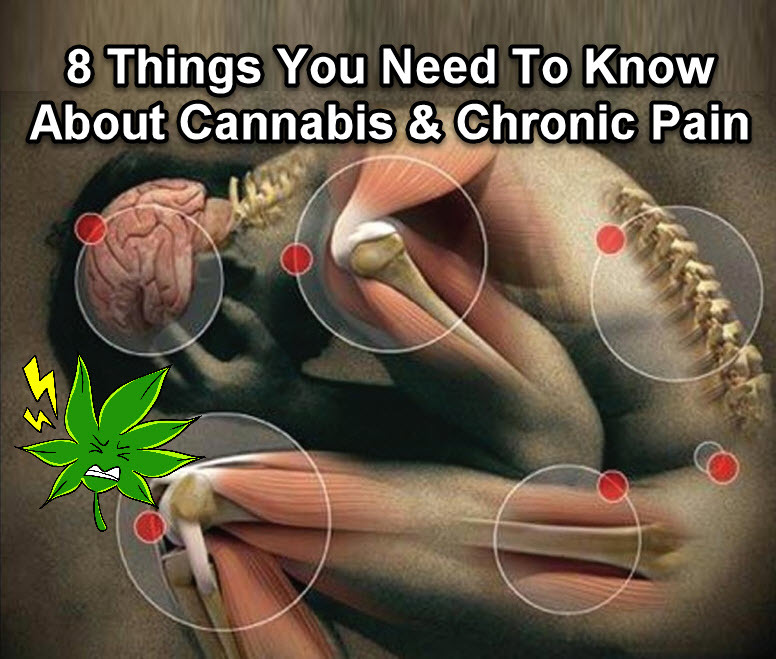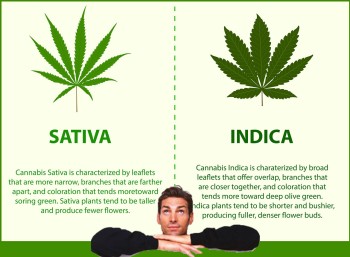Bunk Science Tries to Convince you that Cannabis doesn’t help with pain management
Bunk Science Cannabis Study Debunked on Chronic Pain from CannabisNet on Vimeo.
One of the biggest hurdles the cannabis community faces in relation to the health claims of marijuana is that it is “anecdotal”. Anecdotal evidence cannot be taken as fact because it is based on an individual’s accounts rather than facts or research.
However, if a “study” were to compile four years of anecdotal evidence and publish it in a report…then suddenly it’s legit.
This was the case of a recent publication in the journal Lancet Public Health, where researchers looked at the responses in a six year study concerning how effective cannabis was in relation to dealing with chronic pain and noncancer pain to see whether the plant was effective.
The problem was that it’s an “observational study”, meaning that the participants “self-reported” their level of pain, opioid use and mental health over a four-year period.
According to the researchers;
“We found no evidence that cannabis use improved patient outcomes. Those who used cannabis had greater pain and lower self-efficacy in managing pain. Furthermore, we found no evidence that cannabis use reduced pain interference or exerted an opioid-sparing effect,” wrote the study authors.
The problem with this statement is that it doesn’t correlate with other more intensive studies done over the past few years. For instance, in The Journal of Pain the study, entitled “Cannabis for the Management of Pain: Assessment of Safety Study” found that the average cannabis patient uses roughly 2.5g/dry herb per day and did show a reduction in pain, improvement of function, quality of life and cognitive functioning.
Furthermore, if we were to look at the two most common cannabinoids found in the cannabis plant; THC and CBD you would find that both of these have anti-inflammatory properties and helps especially against neuropathic pain.
Inflammation is typically the culprit when it comes to chronic pain, which makes the findings of this controversial Australian study so odd.
How is it that there is “no evidence” of cannabis helping with chronic pain, when both CBD and THC have anti-inflammatory properties in them? Not to mention that both of these cannabinoids also have analgesic effects.
Reduction on Opioid Dependency
Another claim this controversial study made was that cannabis had no impact on the reduction of opioid use. However, within the United States there have been a significant drop of opioid related deaths in medical cannabis states (up to 25%) and more than 60% of medical patients using cannabis claim that they have substituted their opioids for cannabis.
While correlation doesn’t necessarily mean causation, it is interesting that these trends occur across the board when it comes to medical cannabis states.
The World Speaks Against the “Findings” of the Study
As one could imagine, there are many parties not satisfied with the results or methodology of the Australian study.
For instance,
“These conclusions are inconsistent with the large body of peer-reviewed science — including placebo-controlled clinical trial data — finding that cannabis is effective in pain management, particularly in the treatment of neuropathy, as well as numerous studies consistently finding that jurisdictions which permit legal, regulated cannabis access observe a significant decrease in patients’ opioid-related use, abuse, prescription drug spending, and opioid-related mortality,” said Paul Armentano, the deputy director of the National Organization for the Reform of Marijuana Laws.
Furthermore, medical marijuana was only decriminalized in Australia in 2016, meaning that the majority of the patients were reporting on illegal consumption behavior. Apart from being anecdotal reporting, the results could even further be swayed due to the illegality of the substance during the period of the study.
What I find interesting…
Now that we’ve run through all of the scenarios, let’s go back to the beginning. According to the FDA, many of the health claims of cannabis cannot be substantiated due to the fact that the evidence is anecdotal. This means, the patients are experiencing a subjective relief when using marijuana to treat their pain.
However, almost as if by magic, when a bunch of researchers bundle together anecdotal reporting from individuals under an illegal cannabis regime…their “findings” are considered “fact”.
Whatever you may read over the next few weeks about this study, understand that these were not placebo controlled, scientific studies, but rather the gathering of opinions by a small group of individuals that were living in a system that deemed cannabis illegal.
There was no control over the quality of the cannabis, the frequency of cannabis use, the potency of the cannabis, whether they used THC or CBD, measurement of pain, direct follow ups with patients, a control group or anything of the sorts.
Nonetheless, those who are opposed to cannabis legalization would ignore all of these elements and claim this study to be fact. Don’t be fooled by the hype. This is bunk science…hell it isn’t science at all!
Bunk Science Marijuana Study Debunked from CannabisNet on Vimeo.
OTHER STORIES YOU MAY ENJOY...
CANNABIS AS A GATEWAY DRUG, CLICK HERE.







